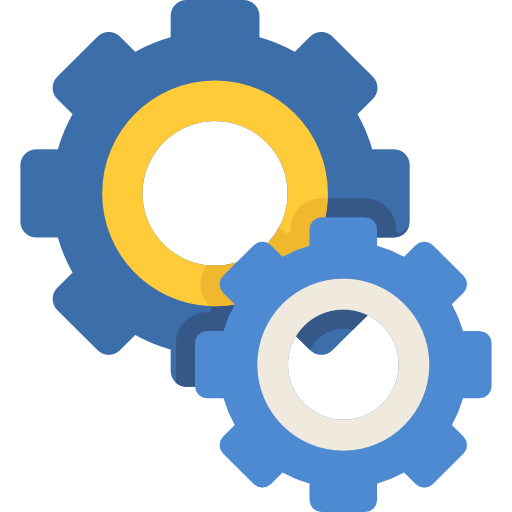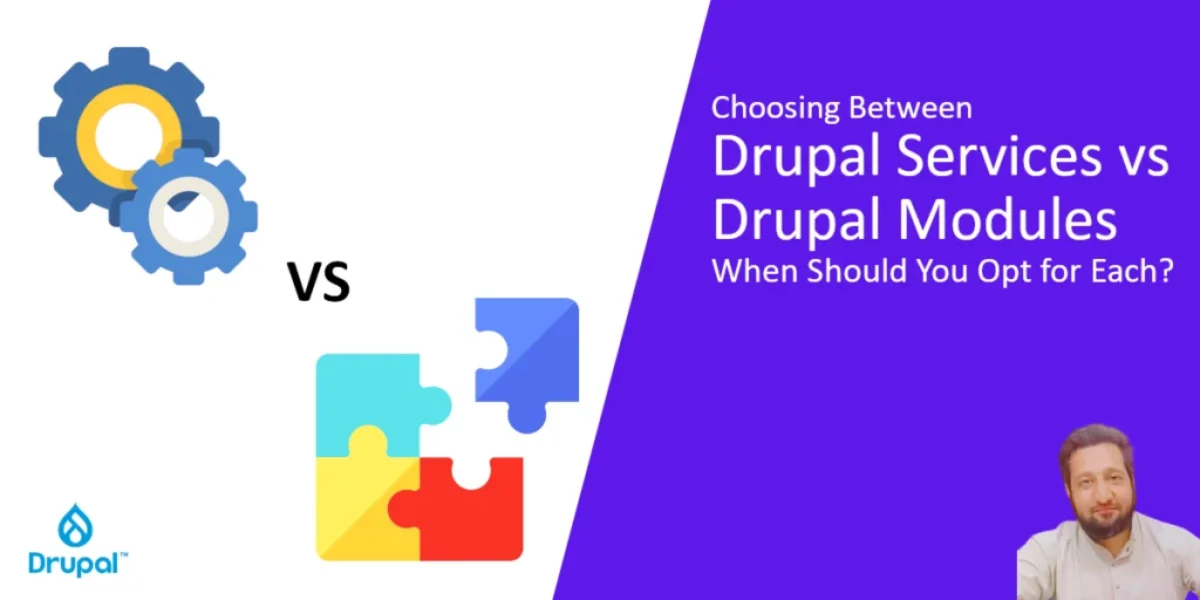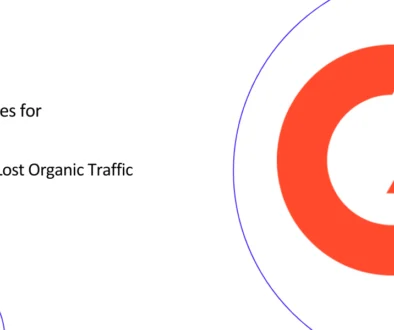Choosing Between Drupal Services vs Drupal Modules: When Should You Opt for Each?
Both Drupal services and Drupal modules extend the functionality of your website, but they differ in their scope, purpose, and implementation. Here’s a breakdown of the key differences:
What are the key differences between Drupal modules and Drupal services, and when should you use each?
Drupal Modules (Features)

- Think of it as: A complete unit of functionality, like a plugin adding a contact form or a blog to your site.
- Purpose: Offers a specific set of features or capabilities to enhance your website’s core functionality.
- Examples: Contact form module, e-commerce module, SEO module, content translation module.
- Implementation: Can be written in PHP, use hooks and functions to interact with Drupal core, and often requires enabling through the user interface.
- Flexibility: Highly customizable and can be combined with other modules for complex functionality.
Drupal Services (Automation)

- Think of it as: A building block behind the scenes, providing specific functionalities like caching or user authentication.
- Purpose: Offers low-level, reusable functionalities often used by other modules or Drupal core itself.
- Examples: Database connection service, image manipulation service, translation service, user authentication service.
- Implementation: Defined in YAML files and registered with the Drupal dependency injection system. Often written in object-oriented PHP and not directly visible to users.
- Flexibility: Less customizable than modules but designed for reusability and integration with other services.
Here’s a table summarizing the key differences:
| Feature | Drupal Modules | Drupal Services |
|---|---|---|
| Purpose | Extends website functionality | Provides reusable low-level functionality |
| Scope | Specific features | Generic, reusable elements |
| Implementation | PHP, hooks, user interface | YAML, dependency injection, PHP |
| Visibility | Open, often user-configurable | Hidden, used by other modules and core |
| Flexibility | Highly customizable | Less customizable, focused on reusability |
Case Study: User Authentication for a SaaS Platform – Drupal Service vs. Drupal Module
Imagine you’re building a SaaS platform for managing online courses, powered by Drupal. Users need to create accounts, log in, and access their courses securely. This presents a choice: should you use a Drupal module for user authentication or a dedicated service?
Let’s explore two scenarios to understand the difference:
Scenario 1: Drupal Module for User Authentication
Imagine: You install a popular user authentication module like Super Login. It offers features like user registration, login forms, password resets, and email notifications.
Advantages of Using a Drupal Module
- Easy to set up: The module installs quickly and integrates seamlessly with Drupal’s user management system.
- Customization: You can configure login forms, email templates, and user roles to fit your platform’s needs.
- Cost-effective: Many user authentication modules are free or low-cost, making them ideal for budget-conscious projects.
Disadvantages of Using a Drupal Module
- Limited scalability: As your user base grows, the module might struggle to handle increased traffic and security demands.
- Security challenges: Maintaining and updating the module yourself requires ongoing security vigilance.
- Feature dependency: You might need additional modules for features like social logins or two-factor authentication, adding complexity.
Scenario 2: Dedicated User Authentication Using Drupal Services
Imagine: You integrate your platform with a cloud-based user authentication service like Auth0 or Okta. These services handle user registration, login, and security entirely, freeing you to focus on your platform’s core functionality.
Advantages of Using a Drupal Service
- Highly scalable: These services can easily handle large user bases and heavy traffic.
- Advanced security: They offer robust security features like two-factor authentication, single sign-on (SSO), and fraud prevention.
- Ease of use: Integration and management are often straightforward, with minimal ongoing maintenance needed.
Disadvantages of Using a Drupal Service
- Cost: These services often have subscription fees based on user numbers or features, which can impact your budget.
- Customization options may be limited: You might have less control over the look and feel of login forms and user management workflows.
- Vendor dependence: Your platform relies on the service’s uptime and security, creating a single point of failure.
Can Drupal services and modules interact with each other?
Absolutely! Drupal services and modules interact with each other in various ways, primarily through the use of the Dependency Injection Container and services.
- Modules can leverage the functionality of other modules by using their services.
- Modules can define their own services and make them available to other modules.
- Modules can use the services provided by Drupal core, such as accessing the database or sending email.
Moreover, they can also interact in the following 3 ways.
Leveraging Existing Services:
- The user authentication module (whether built-in or external) can offer a login service that other modules use to authenticate users. For example, a course enrollment module might call the login service to confirm a user’s identity before allowing them to enroll.
- The platform could use Drupal’s core services like database access and email sending. For example, the user authentication module might store user data in the Drupal database and send verification emails using Drupal’s email API.
Defining and Sharing Services:
- The SaaS platform itself could define custom services for managing courses, users, and content. These services could be accessed by other modules to handle specific tasks. For example, a module for generating course certificates might rely on a service provided by the platform to retrieve user information and course completion data.
- Modules could even share services between each other. Imagine a module for gamifying the learning experience. It could expose a service for awarding points, which other modules like quizzes or progress tracking could use to incentivize users.
Communication and Events:
- Modules can trigger events that other modules can listen to and react to. For example, the user authentication module might trigger an event upon successful login, which a notification module could pick up to send welcome messages or course recommendations.
- Drupal’s dependency injection system allows modules to declare required services, ensuring they are readily available when needed. This helps modules interact seamlessly and avoid tight coupling.
Conclusion
- Drupal modules are ideal for small-scale platforms or startups with limited budgets and customization needs.
- Dedicated services are a good choice for larger platforms or those requiring robust security and scalability.
Ready to unleash the full potential of Drupal? Contact Manmash Consulting Now!
Manmash Consulting is a team of experienced Drupal web developers and consultants who specialize in creating dynamic and personalized websites. They have a deep understanding of the Drupal ecosystem and can seamlessly integrate modules and services to craft your website masterpiece. Whether you need a news portal with lightning-fast social integrations or a frictionless e-commerce website with content personalization, Manmash Consulting can help you achieve your business goals. To get started, you can contact Manzar Mashhood for a free consultation. You can fill out the contact form on our contact page or send him a message on WhatsApp at +923331200550.




